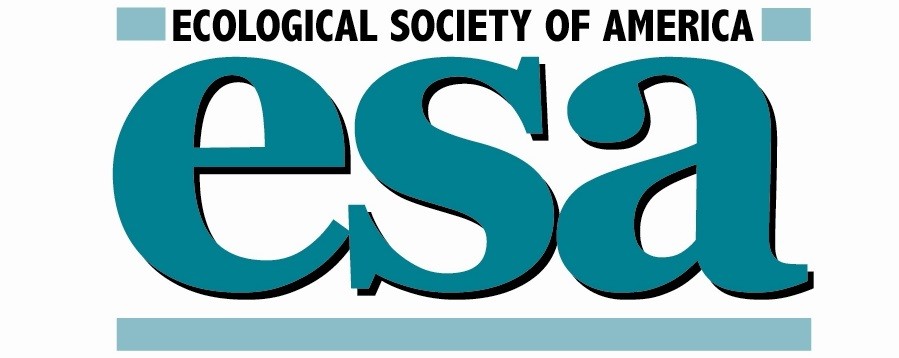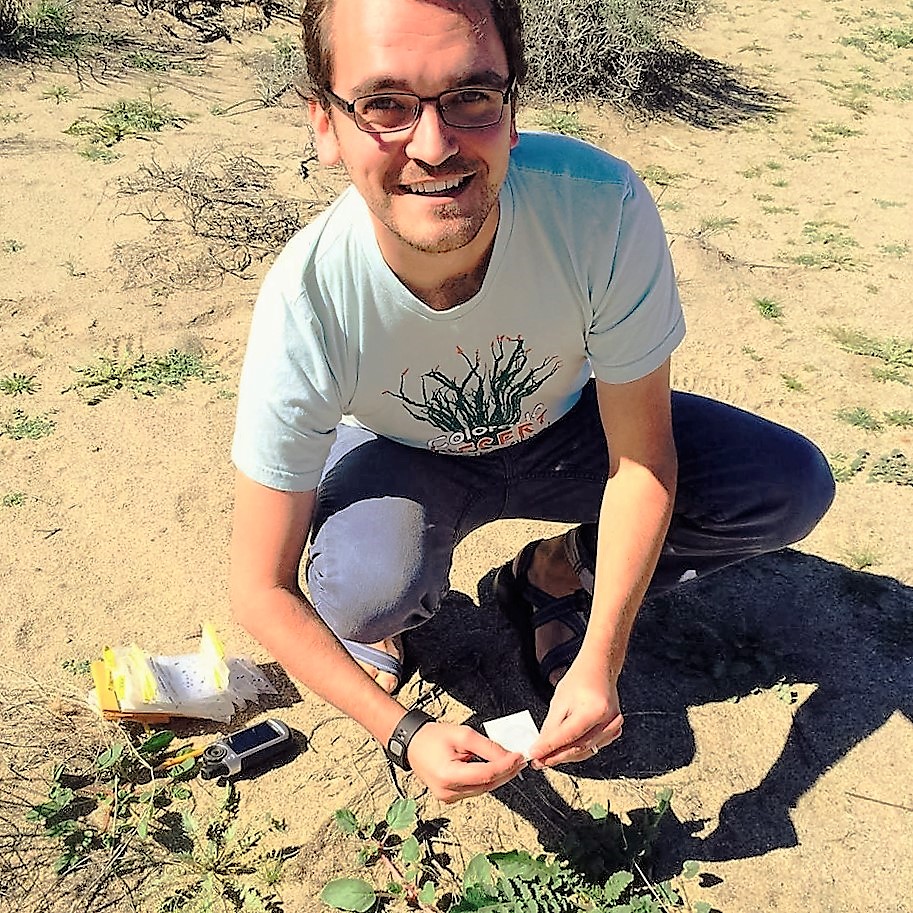
Finding common ground for cattle, fish, and people in the big mountain west
A special issue of Frontiers in Ecology and the Environment looks for new solutions to old problems by pooling the knowledge of scientists, ranchers, feds, community groups, and tribes Tension between the needs of cattle and fish is a source decades of controversy in northeast Oregon’s Blue Mountains. Endangered bull trout, steelhead trout, Chinook salmon, and sockeye salmon require…










